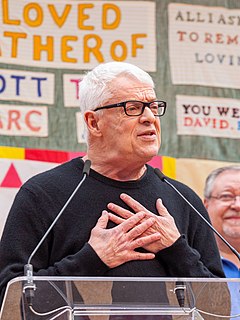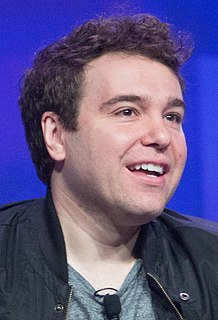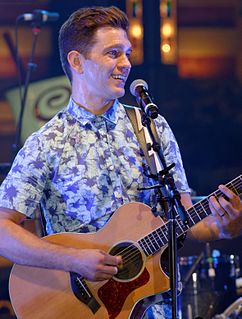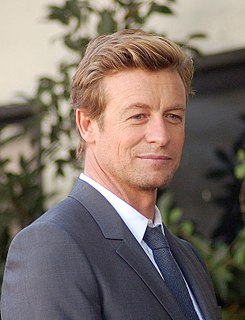A Quote by Steven Chu
Science is really about describing the way the universe works in one aspect or another in all branches of science-how a life-form works, how this works, how that works. ... You have to have a natural curiosity for that.
Related Quotes
When a joke works, it works. It can make a point in a really simple way; it can be a great little sound bite to put on television or share on social media. Humor has this incredible power in how we communicate about politics now, in part because there's something natural in the way it's communicated.
So this show [Cosmos] does not only operate on you intellectually, because telling you stories of how science works and why it works and what was discovered and why it matters, but combines that with stunning visualizations of the cosmos. This has the chance of affecting you intellectually and emotionally, and as well as even spiritually, because the wonder and awe of the universe are especially potent when presented in this way."
The best way to make change is to know how something works. If you're going to go build something or change whatever it is, if you don't know how it works and you're trying to go make a change in it, the first thing you're doing is you're spending time figuring out how it works. The same thing happens in organizations.




































